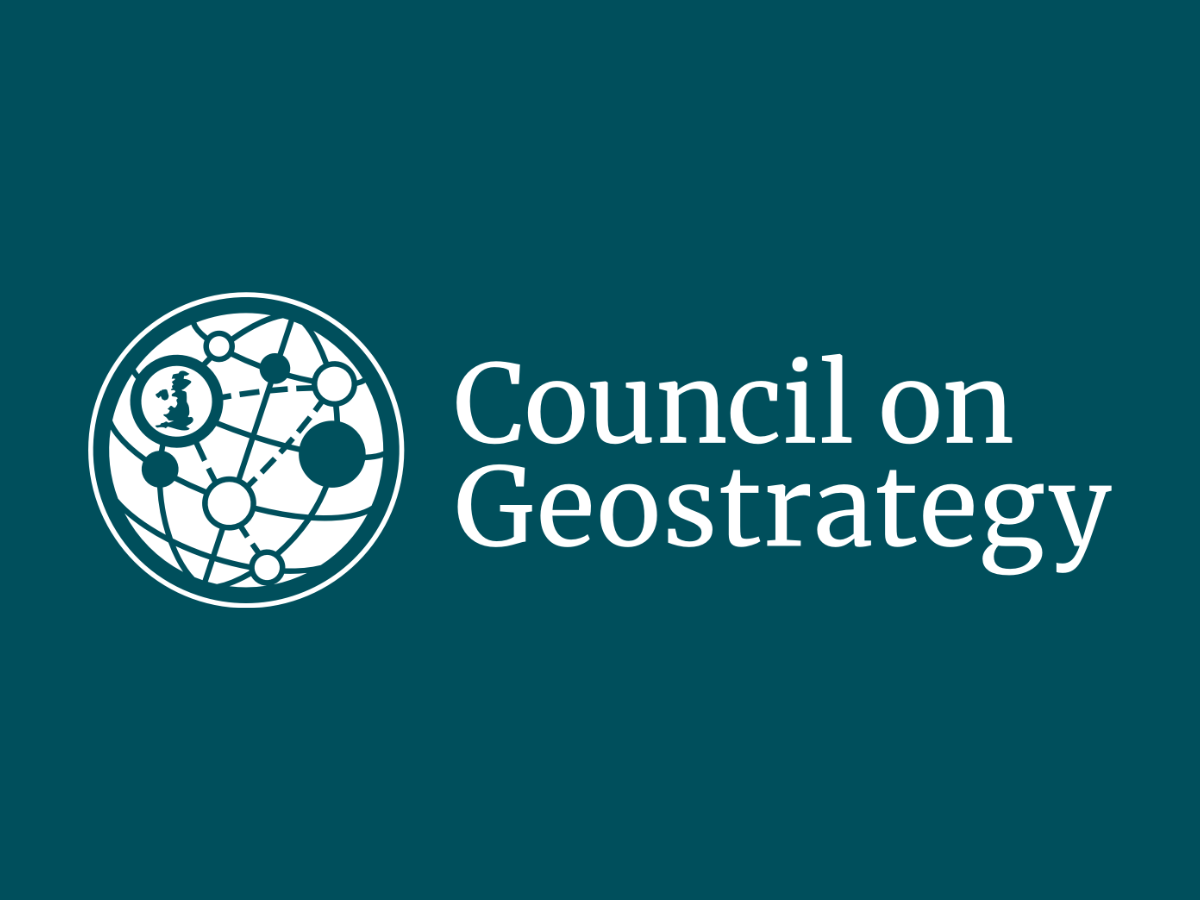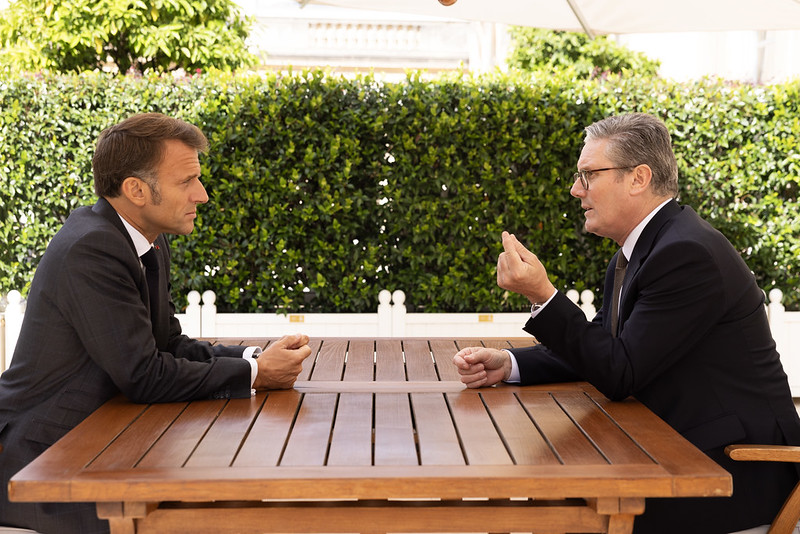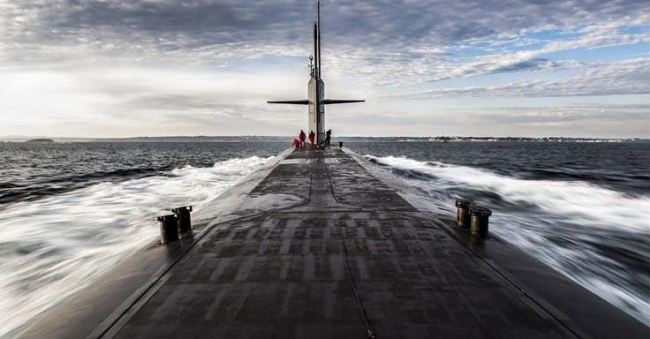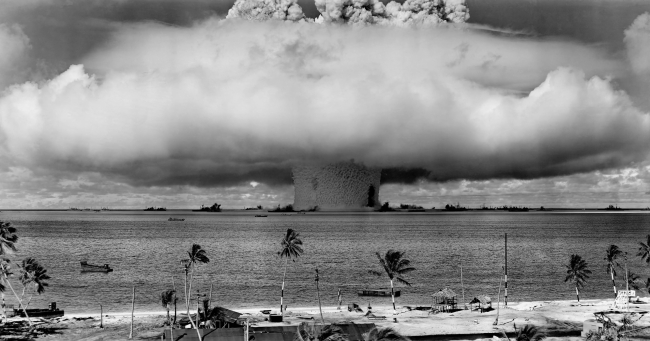How should Britain and France cooperate to realise the Northwood Declaration?

During his state visit to the United Kingdom (UK) last week, Emmanuel Macron, President of France, signed a joint declaration with Sir Keir Starmer, Prime Minister, on nuclear cooperation between Britain and France. The Northwood Declaration highlights that while both countries’ nuclear arsenals remain sovereign, cooperation on nuclear deterrence can ‘contribute significantly’ to the security of the North Atlantic Treaty Organisation (NATO) and the Euro-Atlantic region.

The Northwood Declaration announces the formation of a ‘UK-France Nuclear Steering Group’ to shape nuclear coordination and reiterates both nations’ support for the Treaty on the Non-Proliferation of Nuclear Weapons, but does not offer any further guidance on bilateral nuclear cooperation. This absence provides the topic for this week’s Big Ask, in which we asked seven experts: How should Britain and France cooperate to realise the Northwood Declaration?
Here is Héloïse Fayet's contribution.
British-French nuclear cooperation must now deliver concrete, high-value outcomes. First, operational coordination should intensify. Joint nuclear exercises, particularly as the Royal Air Force (RAF) rebuilds a nuclear culture, would strengthen mutual readiness. British and French forces should also explore mutual support in deterrent patrols, such as contributing to each other’s ballistic missile nuclear submarine (SSBN) dispersal and protection.
Second, sharing intelligence and coordinating targeting logic would enhance psychological credibility, reinforcing adversary perceptions of uncertainty and resolve. While the UK and France retain full operational independence, working in tandem adds a layer of ambiguity and strategic depth which benefits both nations.
Third, political alignment should be deepened. Britain and France should present a unified front on arms control and nuclear non-proliferation, preserving their equities as independent powers. Together, they can act as a diplomatic corridor – anchored in credibility – between the US on one side and Russia and the PRC on the other to keep the P5 Process alive.
Finally, they should sustain scientific and technical excellence. The Teutates Programme, including the EPURE facility, form the backbone of this collaboration and should be resourced and updated continuously.
Strengthening these pillars will not only reinforce deterrence for both countries, but also contribute to European and transatlantic strategic cohesion in an increasingly contested nuclear environment.
To read the other experts' contributions to this Big Ask, please follow this link.

Available in:
Themes and regions
Share
Related centers and programs
Discover our other research centers and programsFind out more
Discover all our analyses
Mind the Deterrence Gap: Assessing Europe’s Nuclear Options
Europe must urgently confront a new nuclear reality. In recent years, Russia’s nuclear-backed revisionism has reintroduced nuclear coercion and the threat of nuclear escalation to the continent, underscoring the importance of credible nuclear deterrence. At the same time, Europe’s traditional reliance on US extended nuclear deterrence appears politically more fragile than at any point since the Cold War. Together, these developments require Europeans to think about their nuclear options.
Saudi Arabia’s Nuclear Temptations. Lessons Learned from Regional Instability
Saudi Arabia’s integration in the international arena and regional stability, notably through reducing its dependence on fossil energies, are crucial elements for the success of the Kingdom’s Vision 2030, the Crown Prince’s top priority. However, Mohammed bin Salman’s declarations in 2018 and 2021, indicating that “if Iran develops a nuclear bomb, we will follow suit as soon as possible”, combined with the recent strikes on key Iranian nuclear facilities, do not bode well for the future of the Kingdom, the region and the non-proliferation regime at large.
The Evolving Role of Nuclear Rhetoric in Iran’s Strategic Calculus
How has the Iranian strategic discourse about nuclear weapons and deterrence evolved?
A Fragile Consensus? The Pressure on the Norm Against Nuclear Testing
Apart from North Korea, no state has conducted explosive nuclear tests in the 21st century, reflecting the emergence of a strong international norm against such testing.












